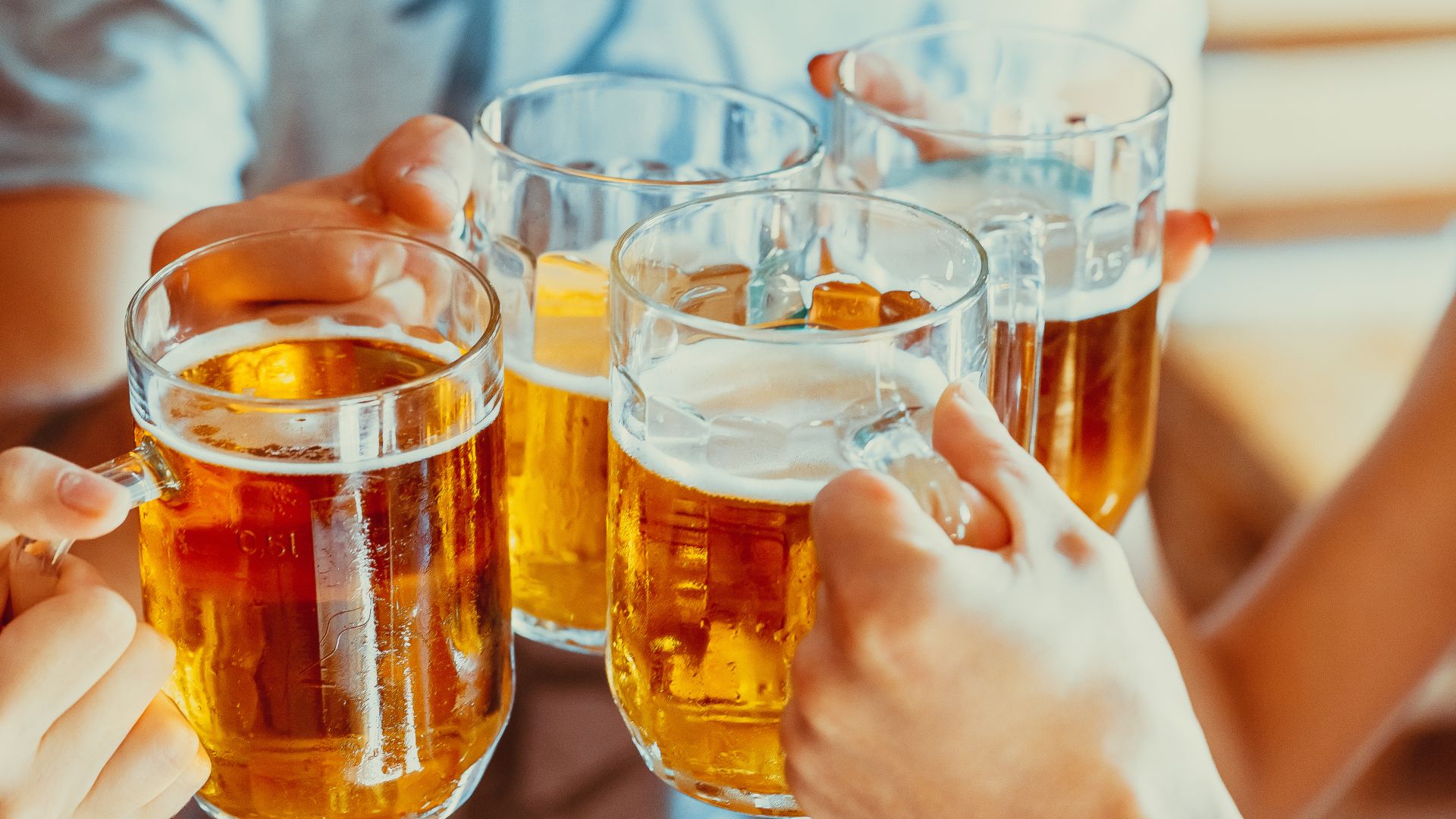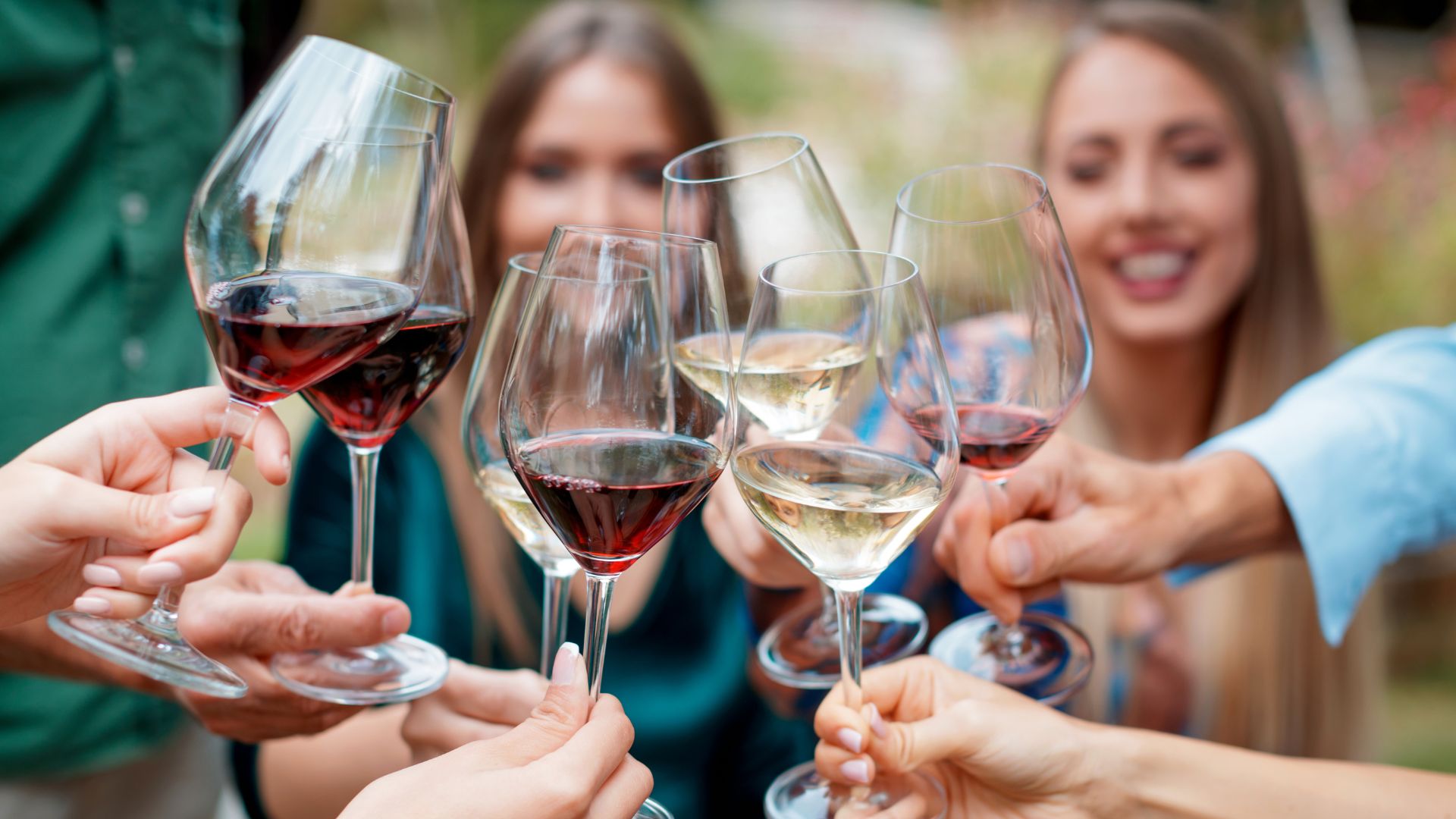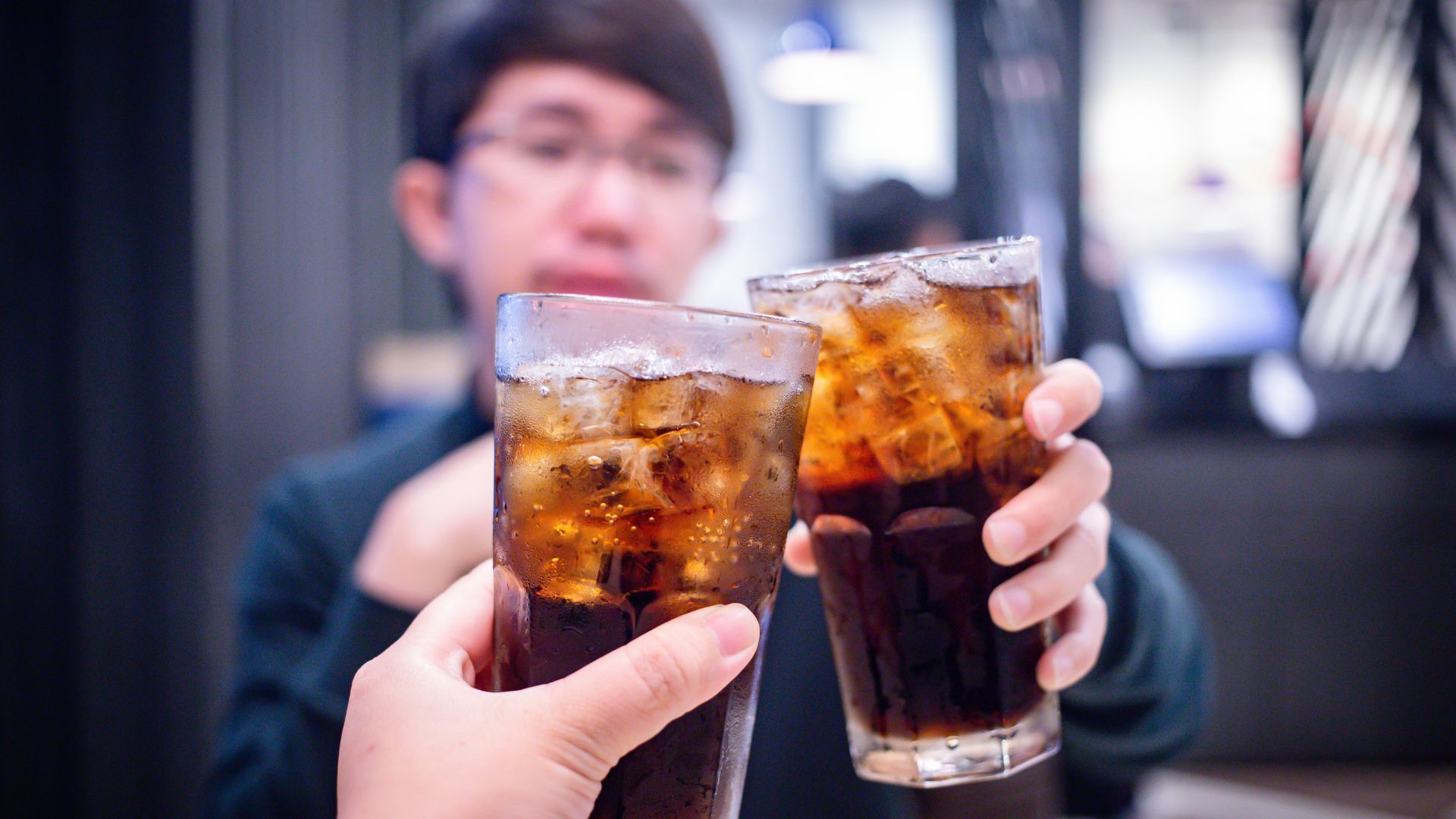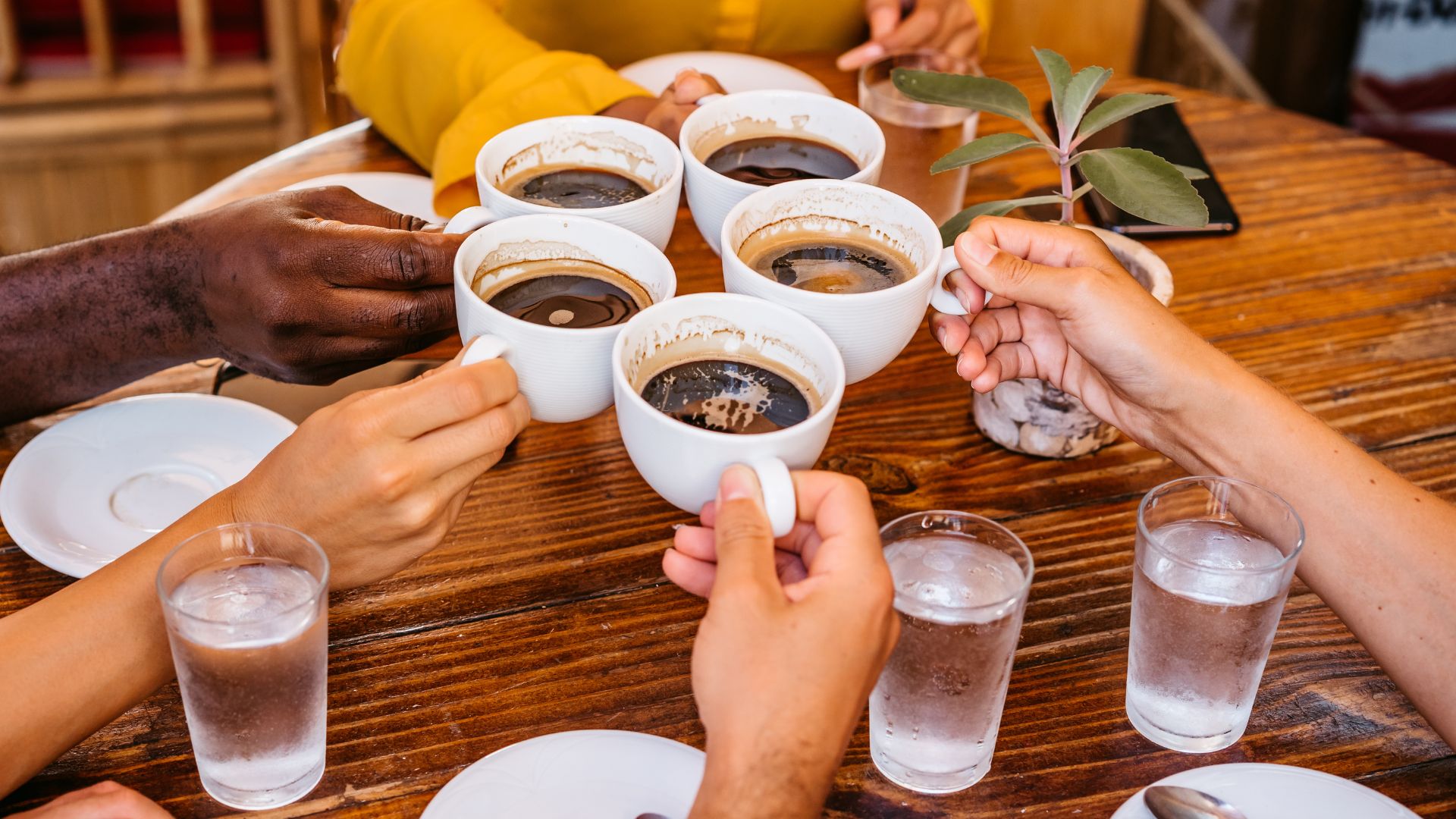Exploring ‘Drinks In German: Explore Over 84 Delicious German Drinks’ takes us on a journey through Germany’s rich drink culture. This book isn’t just about famous German beers and wines. It also introduces us to many lesser-known drinks that are a big part of German life. As we dive into these drinks, we see a mix of tradition, innovation, and skilled craftsmanship. This makes us think about how these drinks affect social behavior and cultural identity in Germany. Let’s keep this question in mind as we go on.
Common German Drinks
Beer in German

Beer is central to German culture. It has many styles and brews that reflect the country’s long history of brewing. Germany is known for its Reinheitsgebot, a beer purity law that dates back centuries. This law said that beer could only be made from water, hops, and barley. Because of this law, German beer is known for its high quality and traditional brewing methods. Each region in Germany often has its own special beer, adding to the variety and richness of the beer scene there. Beer is a key part of both social and food life in Germany.
| German Beer | English Translation |
|---|---|
| Pilsner | Pilsner |
| Helles | Pale lager |
| Dunkel | Dark lager |
| Weißbier/Weizenbier | Wheat beer |
| Kölsch | Cologne-style beer |
| Altbier | Old beer |
| Märzen | March beer |
| Bock | Strong lager |
| Doppelbock | Double bock |
| Schwarzbier | Black beer |
| Rauchbier | Smoked beer |
| Berliner Weisse | Berlin-style wheat beer |
| Gose | Sour wheat beer |
| Hefeweizen | Yeast wheat beer |
| Kristallweizen | Filtered wheat beer |
| Maibock | May bock |
| Eisbock | Ice bock |
| Kellerbier | Cellar beer |
| Zwickelbier | Unfiltered lager |
| Roggenbier | Rye beer |
| Radler | Beer mixed with lemonade |
Wine in German

German wine is well-known for its quality and variety. Famous regions like Mosel, Rheingau, and Pfalz make top-notch wines, especially Riesling and Gewürztraminer. These wines are known for their rich aromas and sharp freshness. The unique weather and soil in these areas help create wines that are well-balanced and full of flavor. People around the world love these wines, not just for the classic types but also for new mixes and methods that show a strong commitment to quality and being eco-friendly.
| German Wine | English Translation |
|---|---|
| Rotwein | Red wine |
| Weißwein | White wine |
| Rosé | Rosé |
| Sekt | Sparkling wine |
| Eiswein | Ice wine |
| Spätlese | Late harvest |
| Auslese | Select harvest |
| Beerenauslese | Berry select harvest |
| Trockenbeerenauslese | Dry berry select harvest |
| Kabinett | Cabinet |
| Liebfraumilch | Beloved lady’s milk |
| Riesling | Riesling |
| Gewürztraminer | Gewürztraminer |
| Grauburgunder | Pinot Gris |
| Spätburgunder | Pinot Noir |
| Müller-Thurgau | Müller-Thurgau |
| Silvaner | Sylvaner |
| Dornfelder | Dornfelder |
| Scheurebe | Scheurebe |
| Trollinger | Trollinger |
| Blaufränkisch | Blue Frankish |
Soft Drinks in German

Soft drinks, or ‘Erfrischungsgetränke’ as they’re called in German, are hugely popular in Germany. They love a wide range of brands and flavors, especially fizzy drinks like cola, lemon-lime, and orange sodas. Big names like Coca-Cola and Pepsi are everywhere, but there are also unique local drinks.
| German | English Translation |
|---|---|
| Limonade | Lemonade |
| Apfelschorle | Apple spritzer |
| Sprudel | Sparkling water |
| Mineralwasser | Mineral water |
| Cola | Cola |
| Orangensaft | Orange juice |
| Apfelsaft | Apple juice |
| Eistee | Iced tea |
| Holunderblütensaft | Elderflower cordial |
| Johannisbeersaft | Currant juice |
| Malzbier | Malt beer (non-alcoholic) |
| Fassbrause | Barrel soda |
| Spezi | Cola-orange mix |
| Fruchtschorle | Fruit spritzer |
| Buttermilch | Buttermilk |
| Kakao | Cocoa |
| Zitronenlimonade | Lemon soda |
| Bionade | Organic lemonade |
| Ginger Ale | Ginger ale |
| Multivitaminsaft | Multivitamin juice |
| Wellness-Wasser | Flavored water |
Hot Drinks in German

In Germany, coffee or ‘Kaffee’ is a daily must-have. People enjoy it in different styles, from the strong ‘Espresso’ to the gentler ‘Milchkaffee,’ a mix of milk and coffee. Tea, or ‘Tee,’ is just as popular, with choices like the robust ‘Schwarzer Tee’ (black tea) and the calming ‘Pfefferminztee’ (peppermint tea). These drinks are not just part of daily life; they’re also central to social scenes, helping spark conversations and warm up gatherings, especially when it’s cold outside.
| German | English Translation |
|---|---|
| Kaffee | Coffee |
| Tee | Tea |
| Heiße Schokolade | Hot chocolate |
| Espresso | Espresso |
| Cappuccino | Cappuccino |
| Latte Macchiato | Latte macchiato |
| Milchkaffee | Café au lait |
| Glühwein | Mulled wine |
| Punsch | Punch |
| Kräutertee | Herbal tea |
| Früchtetee | Fruit tea |
| Kakao | Cocoa |
| Chai Latte | Chai latte |
| Grog | Grog (hot rum drink) |
| Heißer Apfelsaft | Hot apple cider |
| Jagertee | Hunter’s tea (with rum) |
| Feuerzangenbowle | Fire tongs punch |
| Grüner Tee | Green tea |
| Ingwertee | Ginger tea |
| Pfefferminztee | Peppermint tea |
| Heißer Holundersaft | Hot elderberry juice |
Also Check: 29 Unique Ways To Say Good Night In German
How to Order Drinks in German?
Ordering drinks in German can be a valuable skill for travelers, students, or anyone interested in German culture. This guide provides essential phrases and vocabulary to help you confidently request beverages in German-speaking countries. Whether you’re at a café, restaurant, or bar, these expressions will enable you to quench your thirst and engage in local customs with ease.
| German Phrase | English Translation |
| Ich möchte bitte… | I would like… |
| Kann ich bitte… haben? | Can I have… please? |
| Ein Bier, bitte. | A beer, please. |
| Eine Cola, bitte. | A Coke, please. |
| Einen Kaffee, bitte. | A coffee, please. |
| Ein Glas Wein, bitte. | A glass of wine, please. |
| Einen Tee, bitte. | A tea, please. |
| Wasser mit/ohne Kohlensäure | Water with/without carbonation |
| Die Getränkekarte, bitte. | The drinks menu, please. |
| Zum Wohl! / Prost! | Cheers! |
Also Check: 25 Unique Ways To Say Hello In German
Conclusion
Exploring over 84 German drinks really shows how much Germany values variety and quality in its drinks. Germany offers a rich variety of drinks, from traditional beers and wines to unique spirits and non-alcoholic options. This range highlights Germany’s rich history and culture. Germans have a refined taste, enjoying everything from bubbly beers to strong wines and unique soft drinks. These beverages give us a glimpse into Germany’s social and festive customs, and they truly deserve worldwide recognition and praise. Keep visiting Translation Blog for more German translations!

